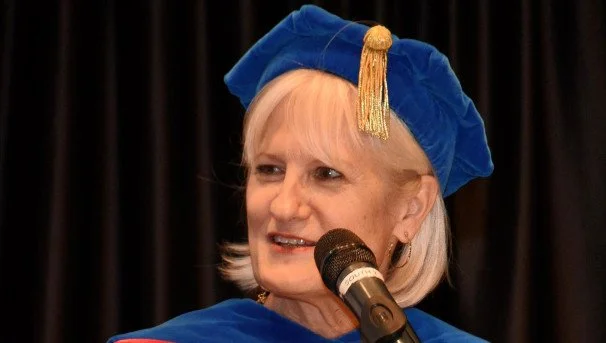1. Most Americans Embrace Spirituality and Religion, Even Atheists: Also of note is the large gap between spirituality and religion. Aaron Earls reports, “Yet even among the quarter of Americans who do not identify with a religion (atheists, agnostics, and those who say they are “nothing in particular”), most still describe themselves as a spiritual person.”
2. Characteristics of Churches That Keep Young Adults: This is a great addition to the two posts I recently wrote on raising teens to love the church. Aaron Earls begins with the importance of sincerity. He says, “When teenagers see church members as insincere, they are more likely to drop out. Relatively few young adults say the church they attended as a teenager was insincere, but dropouts say this more often.”
3. One of the Ugliest Sights in the World: Tim Challies begins with a scene we’ve all witnessed, “One of the ugliest sights in the world is that of a child who rules over his parents. We have all seen it, I’m sure. We have seen parents who tiptoe around their child’s cries, their child’s demands, their child’s outbursts of anger. They will do whatever he dictates, give whatever he commands. We look on with horror, knowing they have set their child on a path to destruction.”
4. Brothers, We Should Stink: Thabiti Anyabwile explains that godly pastors live among the sheep. He says, “Do you know how to tell the difference between sheep and wolves in sheep’s clothing? Sheep eat grass; wolves eat sheep — it doesn't matter how prettily they are dressed.”
5. What is Christianity? This is a simple and clear three-minute visual presentation of the gospel.














